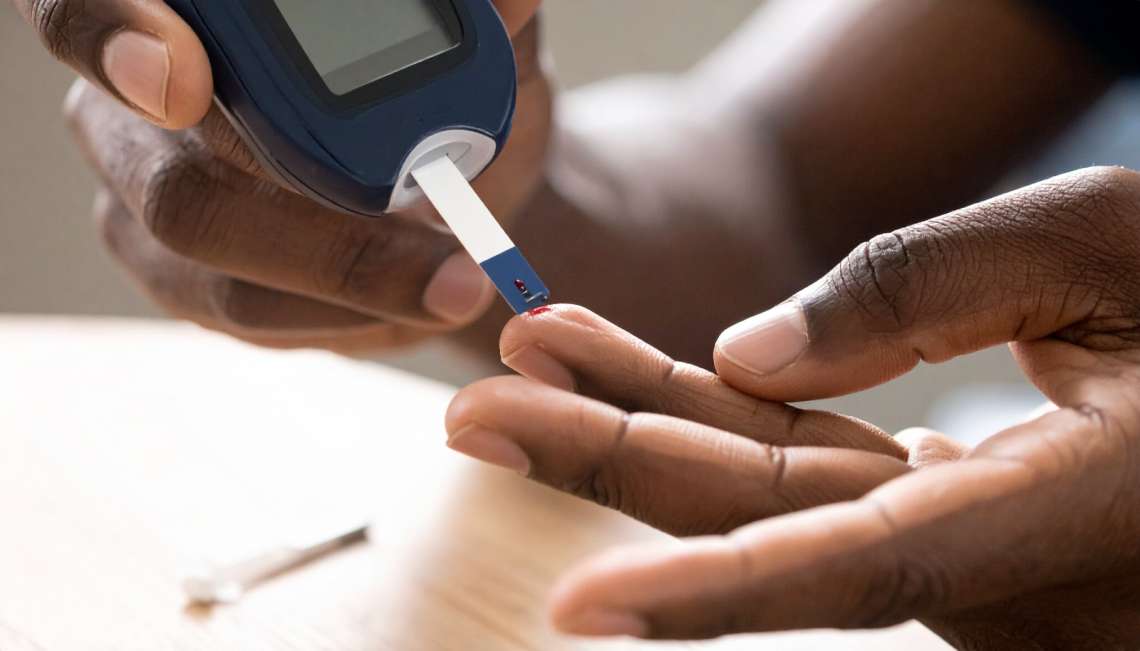Speaking to IANS, Dr. Rahul UR, State Nodal Officer – Child Health and Rare Diseases, National Health Mission, Kerala, explained that understanding the disease’s natural course is essential
Training India’s network of Accredited Social Health Activists (ASHAs) to identify early warning signs of Spinal Muscular Atrophy (SMA) could prove to be a game-changer in tackling the rare genetic disorder, according to leading health experts. They stressed that timely recognition of developmental red flags and structured newborn screening could help save lives and ensure better outcomes.
SMA, a condition caused by a genetic defect, affects the motor capabilities of the person while sparing intellectual abilities. The disorder is often misunderstood or confused with delayed milestones, particularly in infants, which can lead to critical delays in diagnosis and treatment.
Speaking to IANS, Dr. Rahul UR, State Nodal Officer – Child Health and Rare Diseases, National Health Mission, Kerala, explained that understanding the disease’s natural course is essential. “SMA is a genetic disorder that presents in early childhood and is often mistaken for a simple developmental delay, unlike adult motor issues that might lead to needing a wheelchair,” he said.
The condition is categorised into types 0 to 4. Type 0 is the most severe, with babies unable to survive the labour process due to lack of muscle function. In Types 1 to 4, the recruitment of motor units is affected, leading to progressive neuromuscular weakness. Among these, Type 1 is particularly critical, as untreated infants fail to achieve even basic milestones like neck control and often do not survive beyond the first year of life.
One of the biggest barriers, Dr. Rahul pointed out, is the lack of awareness among parents about normal developmental milestones. “Missing key milestones, such as attaining neck control or learning to stand by the appropriate age, are critical indicators that require further evaluation. For example, a child with Type 1 SMA will never achieve neck control without treatment. Unfortunately, some families might assume their child will simply catch up later. This delay in seeking evaluation can be fatal,” he said.
This is where ASHA workers can play a pivotal role. As frontline health workers who interact regularly with families, they can be trained to spot such red flags early and encourage timely referrals. Integrating milestone education into existing national health programmes would ensure that parents too are better informed. “Community health professionals like ASHA workers can be trained to identify red flags. This must be complemented by a push for early screening and newborn testing programmes to catch these conditions systematically,” Dr. Rahul said.
However, the challenge goes beyond awareness. Experts flagged the absence of standardised guidelines for SMA management in India and the lack of a national registry to track the number of affected patients. Without reliable data, long-term planning for diagnosis, treatment, and support becomes nearly impossible. “As per literature, the estimated number of SMA cases in India is around 1 in 7,500. However, we do not have an exact registry or records of this condition. This issue is not limited to SMA but extends to most rare diseases in the country,” Dr. Rahul said.
Professor Sheffali Gulati, neurologist at the Department of Paediatrics, AIIMS, New Delhi, agreed that systemic gaps remain. “Today, the SMA ecosystem in India faces critical challenges — delayed diagnosis and initiation of treatment due to limited awareness, inadequate access to genetic testing facilities, a limited number of Centres of Excellence with trained specialists and multidisciplinary teams, and lack of sustainable funding to access treatment,” she said.
The absence of robust data systems not only hampers planning but also threatens public health. Without a registry and guidelines, families face delays in care and doctors lack the support structures needed to provide consistent treatment. While innovative therapies have emerged globally with proven benefits in preserving motor function and improving quality of life, access in India is severely constrained by high costs and limited coverage. “To truly change the trajectory for patients, India urgently needs a sustainable funding mechanism that ensures equitable access to these life-changing therapies,” Gulati emphasised.








